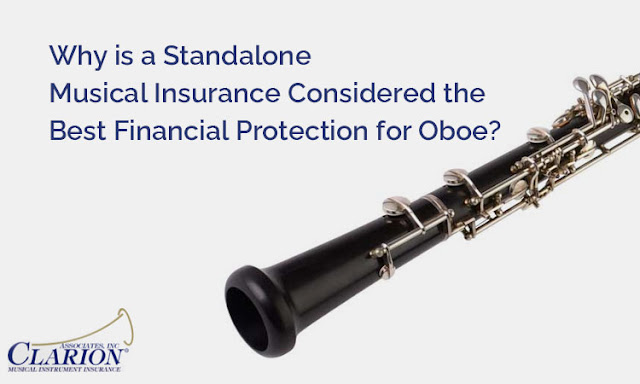It is quite an awe-striking fact that piccolos were initially used as military instruments. The reason is that they produce a sound that is an octave higher than the sound produced by the customary flute. Their use in the musical culture began in the late 18th century, primarily in the orchestra.
Previously it had no keys, but Theobald Boehm designed the modern-day piccolo near the end of the 19th century. It is almost half the size of a traditional flute but produces a higher octave sound, so it was also called "Ottavino," which indicates that it was born out of the heart of Italian musicians.
Like the flute, it also belongs to the woodwind or aerophone family and is used in orchestras, ensembles, and marching bands. It is believed that it was first used in 1808 by Ludwig van Beethoven in Symphony 5.
You also need to understand how delicate and sophisticated this instrument is. So having piccolo insurance gives the player an upper hand in unforeseen circumstances. Good coverage would provide for the entire value of the instrument if posed by threats of theft, cracking, etc.
Perks of Piccolo
Piccolo has a wide range of repertoire that outshines the flute by a great margin and offers access to more music in a general sense. Not only this, but it also opens up an ocean of opportunities for the player, which they would not receive if they went for the traditional flute. Recently, most flutists are recommended to be trained in piccolo for greater opportunities.
Playing the piccolo would also enhance the player's skills as it requires great control over the embouchure and manipulation of the airstream to produce a richer sound. Besides, it becomes much easier to practise on a piccolo than on a flute. So, it would be a great choice for beginners.
Owing to its inherent design, a piccolo is a tiny and lightweight instrument. It easily fits in a purse or a flute case cover. Moreover, its huge range allows professionals to explore various parts of ensembles and even helps them discover better versions of it themselves.
They are the highest-pitched instruments present in an orchestra and thus easily differentiated from the other instruments. Thus, there is absolutely no room for error while playing the piccolo. However, it builds the artist's confidence and improves their ability to tune.
Ways To Keep Your Piccolo Safe
Piccolo can be categorized into metal cylindrical-bore instruments and wooden conical-bore instruments. The first one is recommended for beginners but with an unrefined tonal quality. In contrast, the second one has a more melodic tune and dynamic flexibility, but the latter gets damaged easily. Hence, it is advisable to get piccolo insurance if you are a professional player.
They are vulnerable to cracking and must never be played below the temperature range of 65 to 70 degrees Fahrenheit. Also, it must be stored in a moisture-free environment as it may produce wrong notes due to the blockage of tone holes by water, which can be avoided by using gumless paper or cigarette paper.
It is a very fragile instrument and must be handled with extreme care to avoid unnecessary contact with the delicate screws and springs of its design mechanism. It gets easily misaligned if not handled properly. It must be protected from abrupt temperature and humidity changes, and the keys must be regularly cleaned.
Besides this, a professional repair person requires annual oiling and servicing to check the condition of the head joint cork, especially apart from the other accessories. It is advised that the piccolo is overhauled periodically, with the period being a decade.
Conclusion
Being an exquisite instrument, the piccolo is rightly termed the king of the flute family. They add elegance to any piece being played with their heart-warming sound and rich tone. If you want to explore music, piccolo would be a great choice. Grab your piccolo, but regard its sophistication and take good care.



